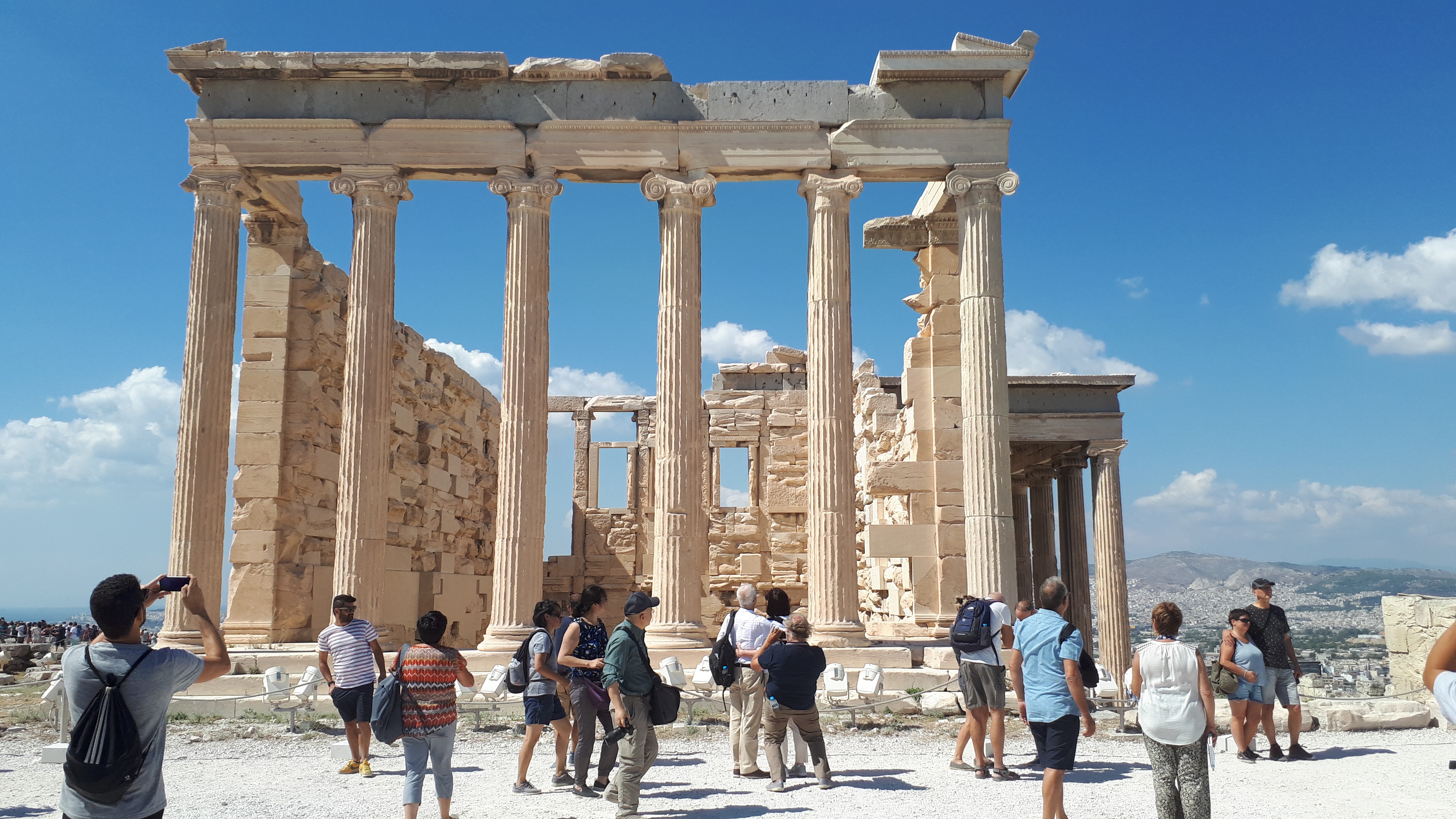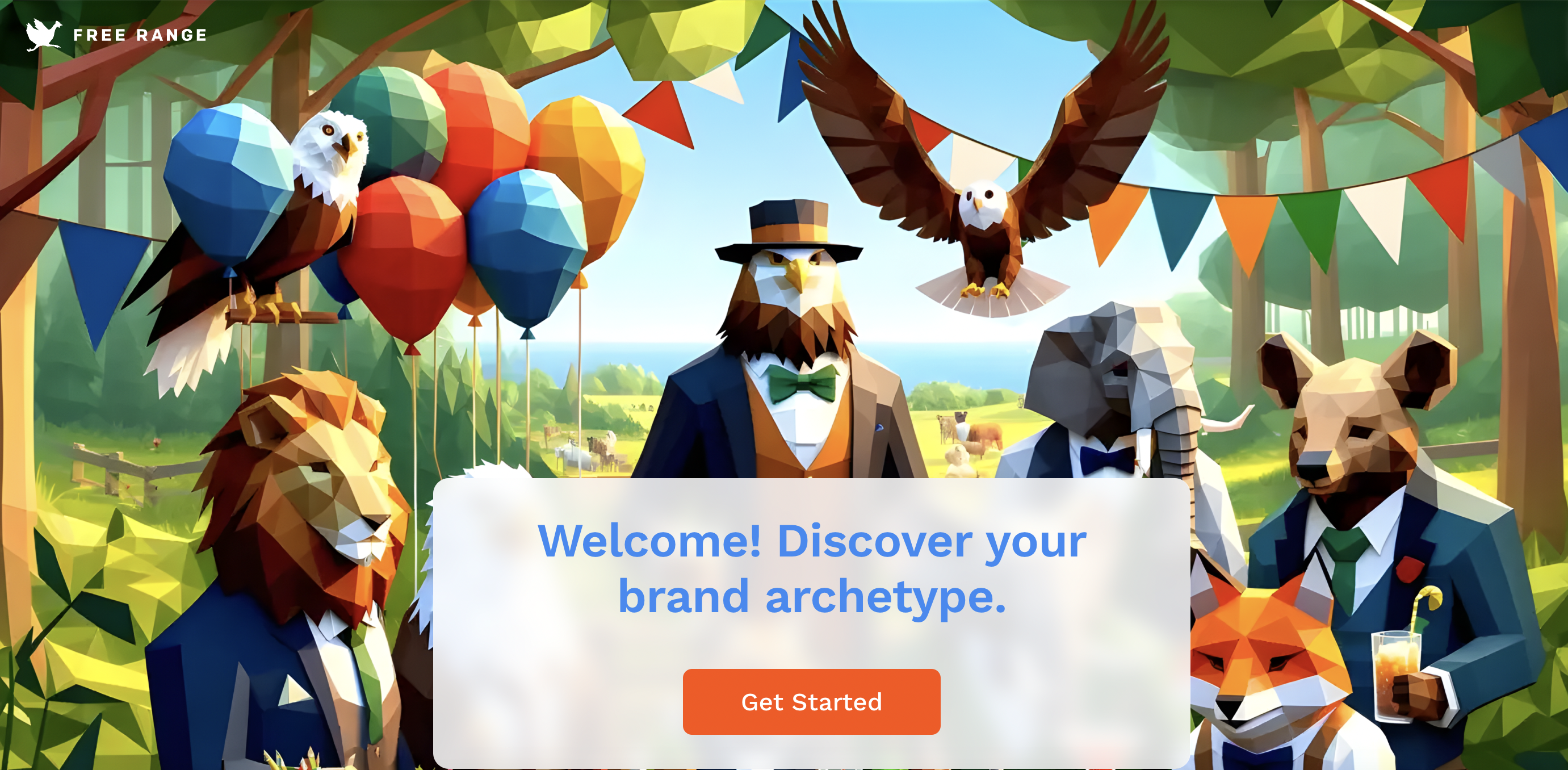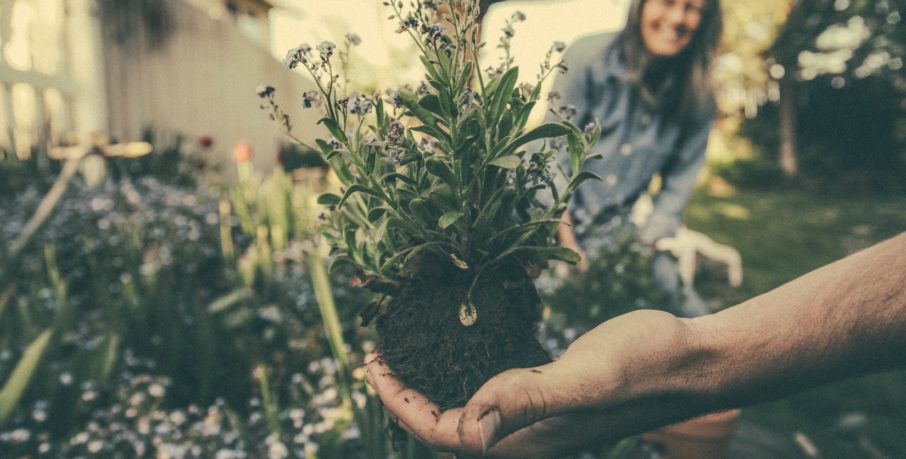Understanding the impact of the stories we share is more important than ever.
Telling stories is innately human. Stories are how we learn, communicate, and entertain. We tell stories of the past, of the future, and share myths that inspire awe, curiosity, and cultivate doubts. Stories are powerful—and, as we have learned over the last few years, that power can easily be misused, leading to misconceptions, fantasies, and even delusion.
While the core of storytelling has remained the same for hundreds of thousands of years, the ways we consume stories and the frequency at which we take in have changed completely. Misinformation—not to mention deliberately fabricated news and online content—assault us every day, forcing us to filter information at a pace our ancestors couldn’t have dreamt of.
In addition, it’s now easier than ever to choose our own rabbit holes, and take control of the information we consume. We crave such control, especially when we’re constantly being bombarded with stimulating visuals and flashy ads.
Unfortunately, when we choose our own adventures, we tend to validate our own biases and opinions—and fall into the risk of intentionally (or unintentionally) spreading “alternative facts.”
Widespread distrust of information and the ability to pick and choose our own information sources are combining to create an environment in which it is extraordinarily difficult to create and sustain the kinds of shared mythologies that once supported and lent purpose to human societies. If we hope to heal our communities, nations, and global society, we will need to find ways to build up stories that benefit the whole—and reject stories that would pit individuals or groups against one another.
Not All Myths Are Created Equal
Human culture advances when we share stories that benefit us as a greater whole. For thousands of years, religions, founding myths, and historical narratives served as examples of shared stories which bound large groups of people together, encouraging individuals to make personal sacrifices for the better of the religious group, nation, etc. Such sharing of knowledge, information, and belief has been essential to fueling ongoing innovation and creating sustainable generational value.

In recent years, however, advances in technology have accelerated the creation and spread of stories which serve to pull people apart, rather than draw them together. While those with access to publishing tools—from handwritten scrolls through broadcast television—have always published both narratives and counter-narratives, the sheer number of alternative stories available to the average person has exploded with the widespread adoption of the internet. When anyone with a hundred dollars and a few spare hours per month can launch and run a viable blog, YouTube channel, or podcast, the ability to maintain a single, overarching cultural narrative is quickly lost—and socially destructive narratives have a better chance of breaking into the public sphere and taking root.
In the world of data, we say “if you put bad data in, you’ll get bad data out,” and I believe this to be true with all of the stories we fill our minds with as well.
We as humans are responsible for sharing and believing in what will make the world better, and for breaking down the belief systems that are perpetuating discrimination, inequities, and other false constructs passed down from our ancestors, regardless of our history, race or biases. This is where policy and regulation need to catch up and get ahead of technology to stop cyberbullying and the deep web that corrupts our markets and our minds.
Groupthink for Good
In the context of community, we want to feel like we belong. We want to be a part of something bigger than ourselves. In other words, we want to participate in shared stories with our friends, families, neighbors, and fellow human beings around the world.
In our struggle to fulfill this deep human need, it is too easy to settle for second-best—to accept and support stories which unite some of “us” against many of “them.” While this quick fix to our all-too-common loneliness is tempting, it does not solve the underlying problem of divisive, antagonistic stories that have split our world into so many mutually hostile factions.

If your observations are anything like mine, then you may feel like there have been some major setbacks in recent years, with overt bigotry, hate, corruption, and “alternative facts” permeating the media. It’s as if the hate was hidden in the cracks, and suddenly these dangerous narratives have found a safe space in the open again.
While in some ways I am relieved to be awoken by these threats, it feels more important than ever that we collectively take these ideas, and put them back where they belong—in the rubbish the rest of the compost to decompose. In their place, we must create and sustain new stories that unite us around beneficial causes—even in the face of an information ecosystem that grows louder and more chaotic every day.
Closing Thoughts
The goal of sharing these thoughts is not to create a sense of fear, or to overwhelm with uncertainty, but to raise awareness around our own human psychology and how we can come together to be better. We need to support each other to think critically so we can collectively find shared meaningful values, not just at a community or country level, but at the global scale.
How do we combat the social infodemic? I propose 3 relatively easy things we can all do to build up our most important belief structures, and break down the most dangerous ideas.
Get out of your comfort zone and accumulate understanding
Immerse yourself with others who think differently as frequently as possible. Be inquisitive and value those who challenge your opinions. Avoid being defensive, and keep an open mind to understand other people’s perspectives with the expectation they may not be willing to change. If that’s the case, they are going to think that way regardless. The more information we have about dangerous thinking, the better we will be collectively equipped to contest it.
Challenge all of your assumptions, and others’
It’s more important than ever to fact check and think critically. Check your sources and investigate others. Where you see misinformation, share links that provide breadcrumbs to the truth. Don’t assume one set of values is right or better than any other. Understand where values converge and diverge, and keep an open mind.
Change the narrative
Challenge your own truths. You may be surprised by how much of our own narrative is ingrained by family, community, and the cultures we are born into. Changing our own narrative empowers us to be better individually, so we can contribute more as global, progressive thinkers, authors, friends and colleagues.
If we can accept our own mortality and fragility, we can be vulnerable, and we can better address the overhanging problems. It’s time we establish new shared beliefs that can percolate to the top of our collective consciousness for a larger purpose.



